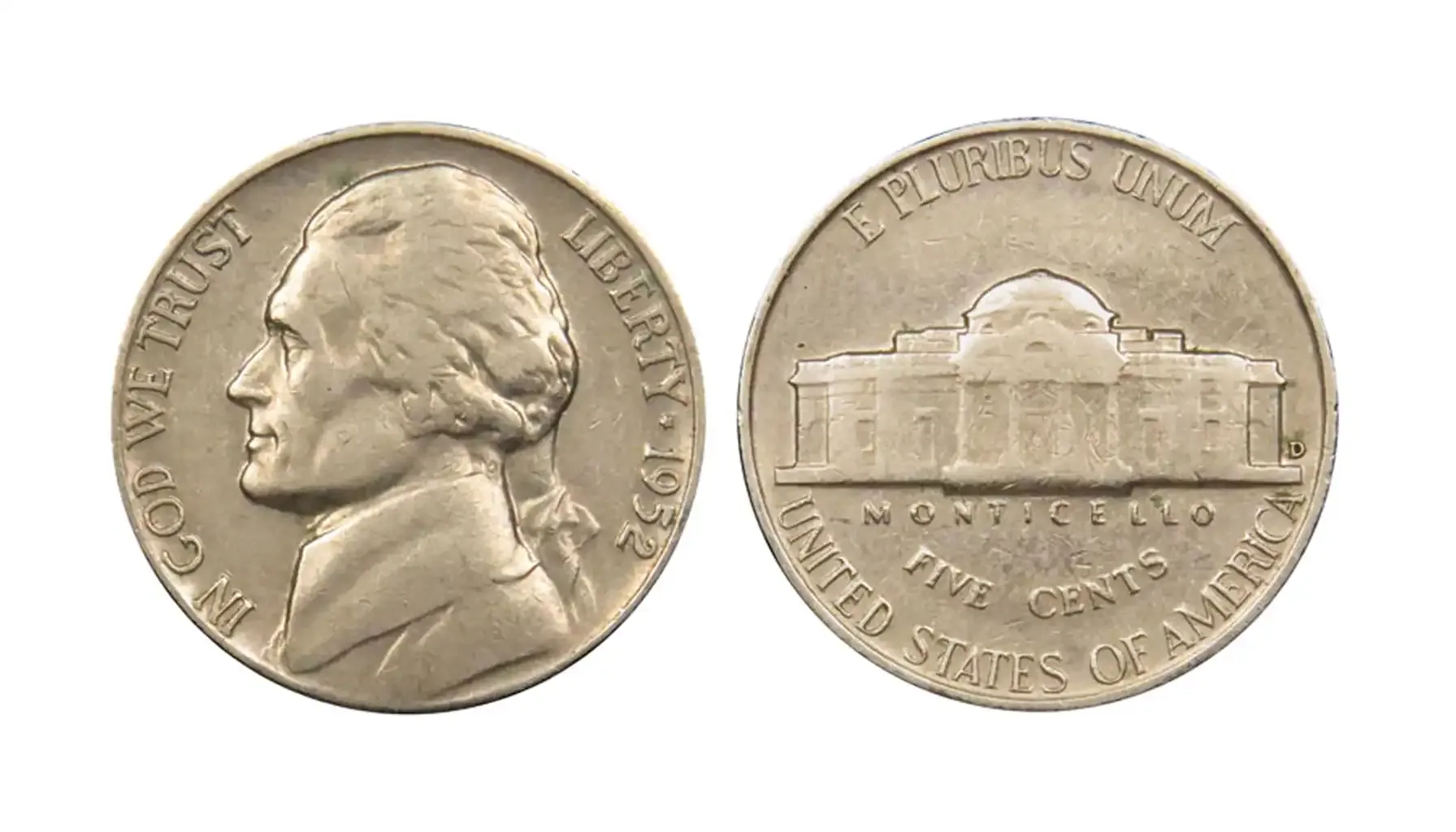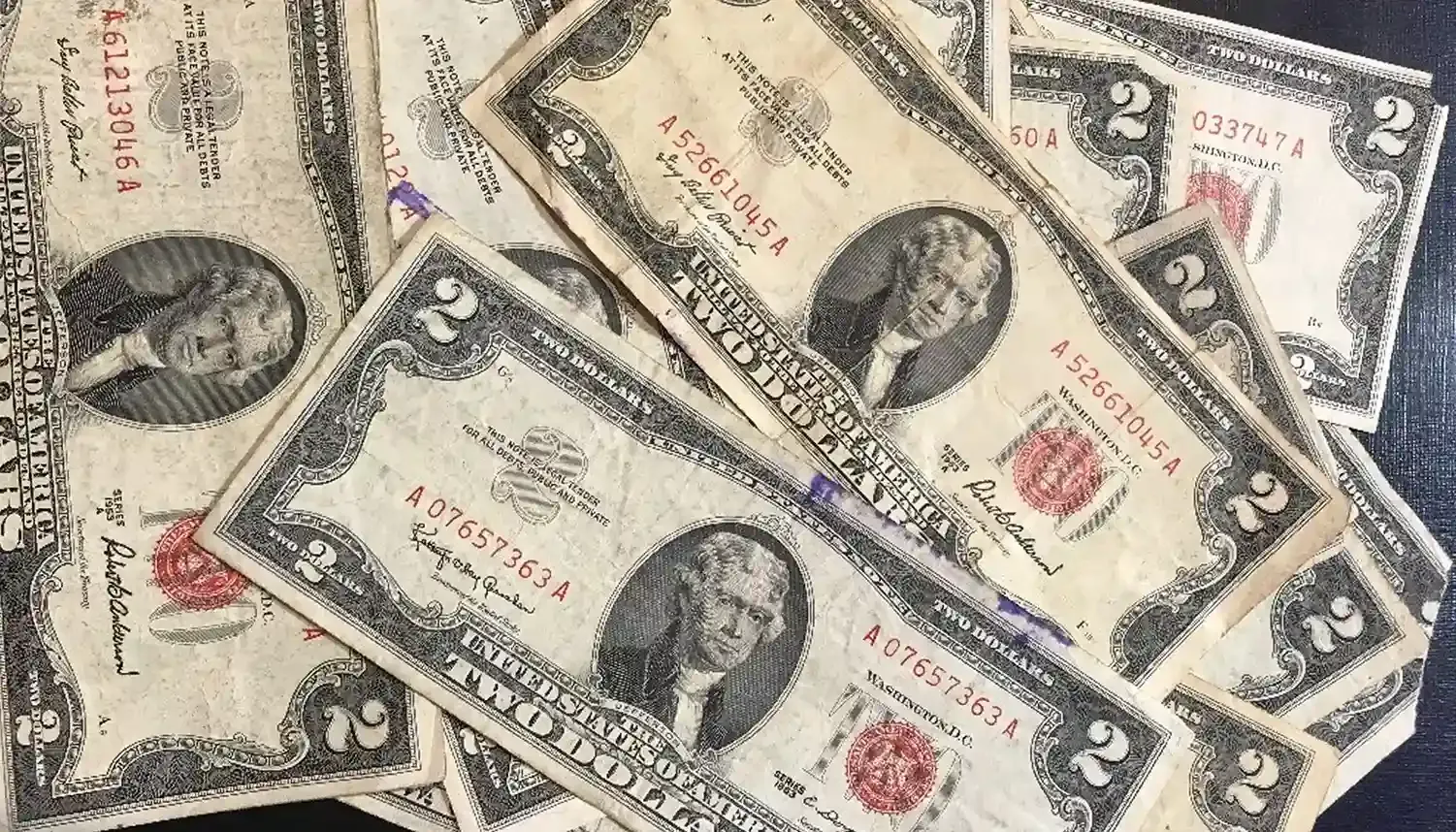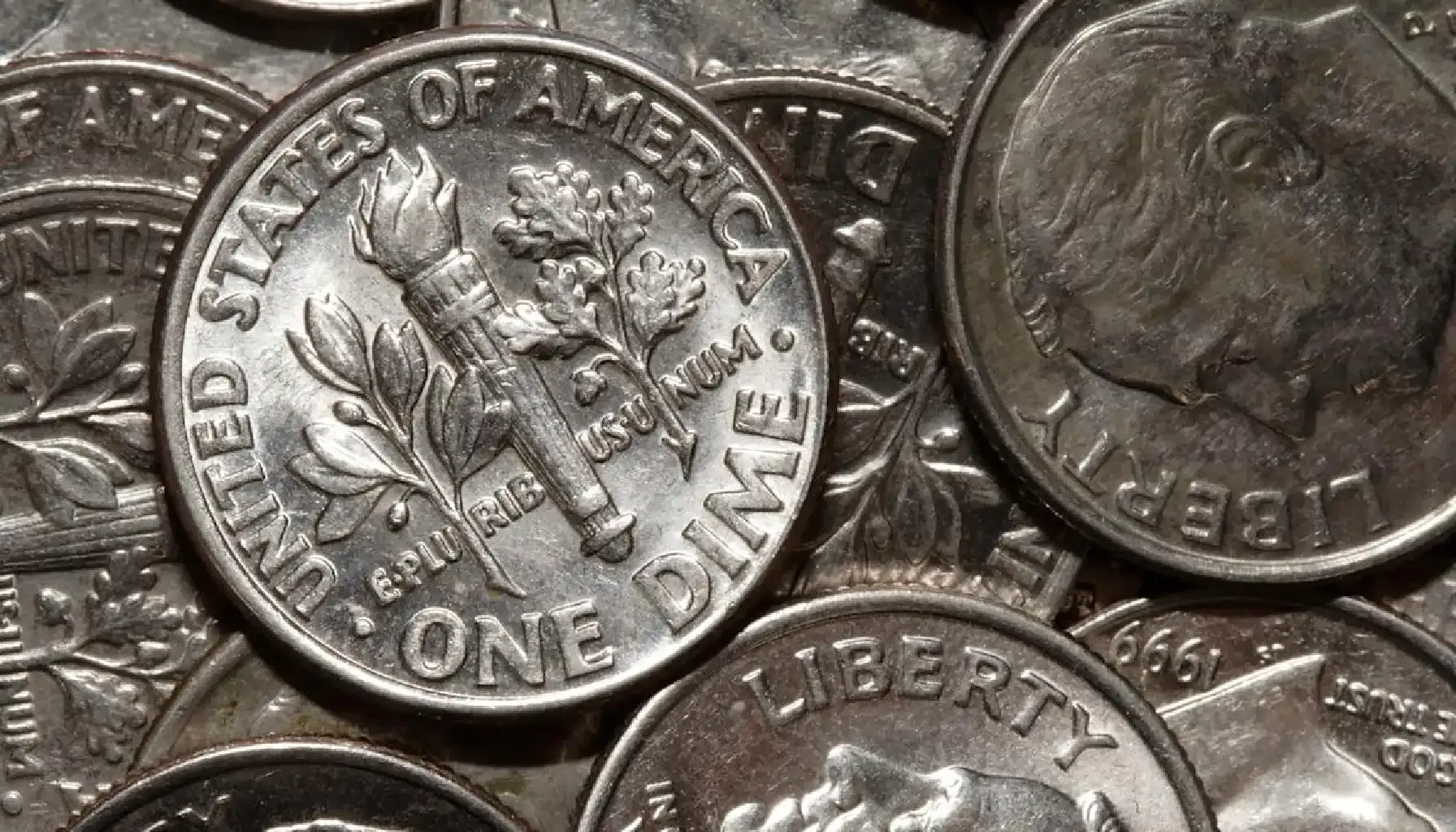Contents:
Those who collect valuable coins know that certification is a vital step that validates the authenticity, special attributes, and overall quality of each numismatic instance. In fact, this industry is occupied by two major companies, i.e., PCGS and NGC, with the latter offering a more extensive set of services available for any member of the global numismatic society.
What does NGC coin grading mean? Which essential elements might this process involve? And how much does NGC charge to grade a coin? In this material, we will focus on one of the most influential third-party organizations responsible for the legal verification of coins of all sorts. No more concerns regarding the veracity of your collection from now on.

What Is NGC?
NGC, or the Numismatic Guaranty Company, is a professional organization where you can get coins graded that was founded in 1987 in Florida, US. As such, this company specializes in official certification of valuables as it offers services like authentication, validation, grading, and encapsulation of coins and medals as well. The main focus of the corporation refers to assessing the condition and quality of an item, assigning a grade and a unique certification number, and validating its legitimacy on the coin market.
By the way, NGC was founded by the same person who was responsible for the emergence of PCGS (Professional Coin Grading Service), the only viable alternative to the hero of our article. Sounds a bit monopolistic, doesn’t it?
The NGC Grading Process
Indeed, the meticulous process of validating the quality of a coin and consequent certification together require certain actions and a lot of time. So as to ensure the accuracy, consistency, and legitimacy of grading, each coin should go through various steps of rigorous evaluation by a team of experienced numismatists and other experts, too. So, what are the main stages of the process?
Submission
First of all, in order to receive any type of feedback regarding your coin, it is important for a collector, distributor, or authorized NGC dealer to submit and send out a coin (via NGC Registry), accompanied by a well-detailed description of what service is needed, denomination, year, etc. However, one should be aware of coin grading costs for NGC in advance, for this might be a bit expensive yet as accurate as possible.
Receiving and Imaging
What comes next refers to the arrival of a coin at the designated office, where it is thoroughly inspected for any damage that might have occurred during the transportation stage. The authorities take a few pictures of a coin to capture it in detail so as to track it further while the evaluation is being processed.
Authentication
Soon after, a group of specialists examines a coin to identify its origin and validity, for some cases demonstrate fraudulent intentions when one submits counterfeits or altered coins instead of initially declared ones.
Grading
Afterward, it is important to evaluate the condition of a coin correctly with the reliance on a standard Sheldon scale, ranging from 1 to 70. What professional graders do is separately consider numerous factors that might affect its value and then compare the results to come to the ultimate unbiased conclusion in the end.
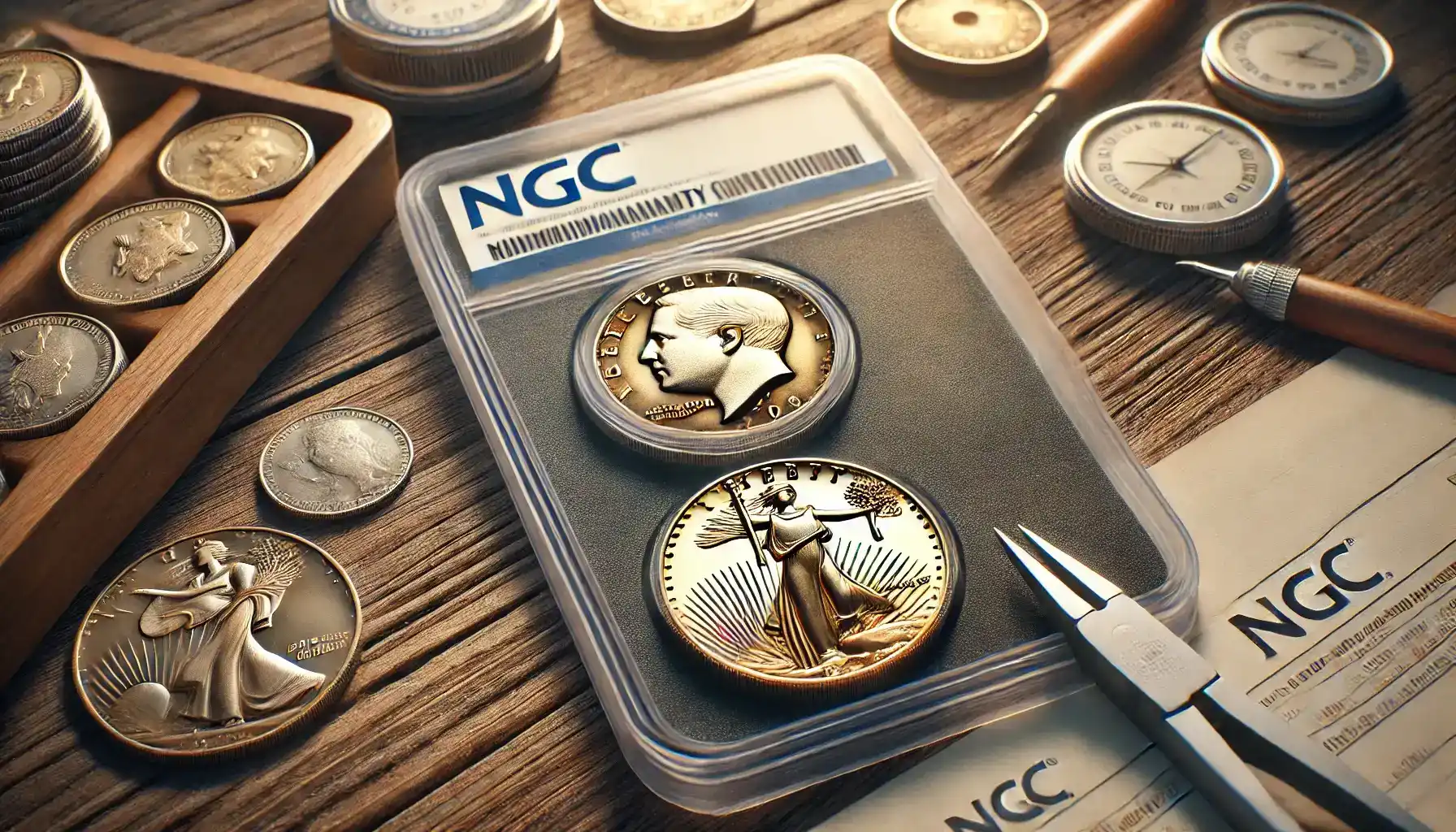
Encapsulation
When graded, the coin is put into a special holder usually called a coin slab which is meant to protect the item from any possible damage and tampering as well. Right on the holder, they place a label with a short description of the item that displays its grade, unique certification number, attributes, bar code, and other relevant details.
Verification
At last, NGC should provide a final quality control before returning a coin to a submitter. This usually involves checking all the information mentioned on the label to verify its accuracy and relevance. Only after this stage, the coin may be sent back to its owner with all the documents regarding the grading results and certification as a whole.
NGC Submission Fees
The first question that may arise regarding these services refers to “How much does it cost to grade a coin NGC?” As such, NGC certification cost heavily depends on the type of service and coin value. In general, all the services are divided into several tires, each of which set its own NGC grading costs:
Modern ($19): This option accepts only all coins and medals minted after 1990 (for world instances) or after 1965 (for US instances) with a value up to $3000.
Economy ($23): This includes those non-gold coins and medals minted before 1990 with a value up to $300.
Gold ($35): The gold option involves the evaluation of all the gold coins.
Standard ($40): Evaluation is possible for all US and international coins with a value up to $3,000.
Express ($80): This type focuses on the fast evaluation of all coins (up to 3-4 days) with a value up to $10,000.
WalkThrough ($175): WalkThrough NCS coin grading refers to all coins with a value up to $25,000. Scratch-Resistant Holder included.
Unlimited WalkThrough ($350 + 1% of Fair Market Value): This covers all coins with unlimited value. Scratch-Resistant Holder included.
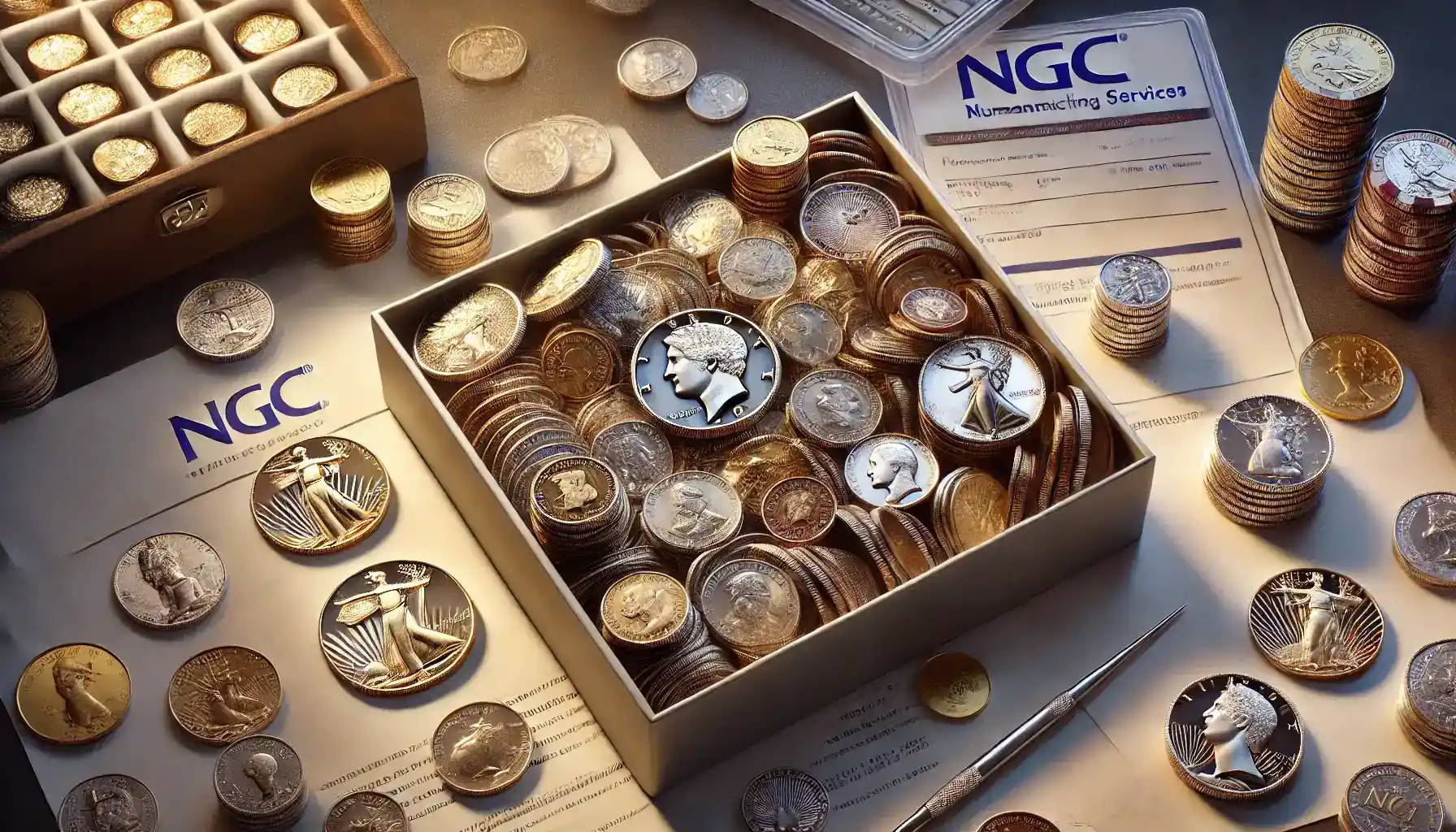
What’s Up with the NGC Grading Scale?
The NCG grading scale is rather simple to comprehend, for it reflects the condition of the coin transparently. The Sheldon scale, which comprises the core of the grading process, ranges from 1 to 70, with each number corresponding to a specific grade. Thus, for example, 1 refers to the coins with barely discernable details and flat rims, 35 exemplifies fully visible features with slight wear on their high points, and 70 means a mint state with no flaws on the coin.
Besides, each number is typically supported by a letter combination, i.e., either MS, PF, or SP, which means Mint State (=ideal), Proof, and Specimen (a hybrid of MS and PF) respectively. This also indicates the condition of the coin for one to finally get profound information regarding the coin’s quality.
Extra Tools to Incorporate into Coin-Seeking Routing
How much does NGC grading cost? Enough to be concerned. Those who are afraid of the answer to this question and do not require legally approved certifications may also think about using apps like Coin ID Scanner (https://coin-identifier.com/), a new yet promising platform for quick coin identification and profound analysis.
Coin ID Scanner is as valuable as the coins themselves since it offers prompt item identification by photo for free. So as to detect a coin, grant all the necessary permissions, access an application, tap on the “Camera” icon located on the tab bar, and snap a photo of the coin for the system to process it and deliver the most relevant content regarding your request! No extra charges needed to identify the coin’s origin but a good camera and free space to take a photo there.
For newer collectors, this technology may become a great support, especially when other resources cannot provide enough numismatic information. Coin ID Scanner’s database comprises details about almost any type of coin, even the rarest one, so do not miss a chance to try this app and explore the world of valuables with ease.
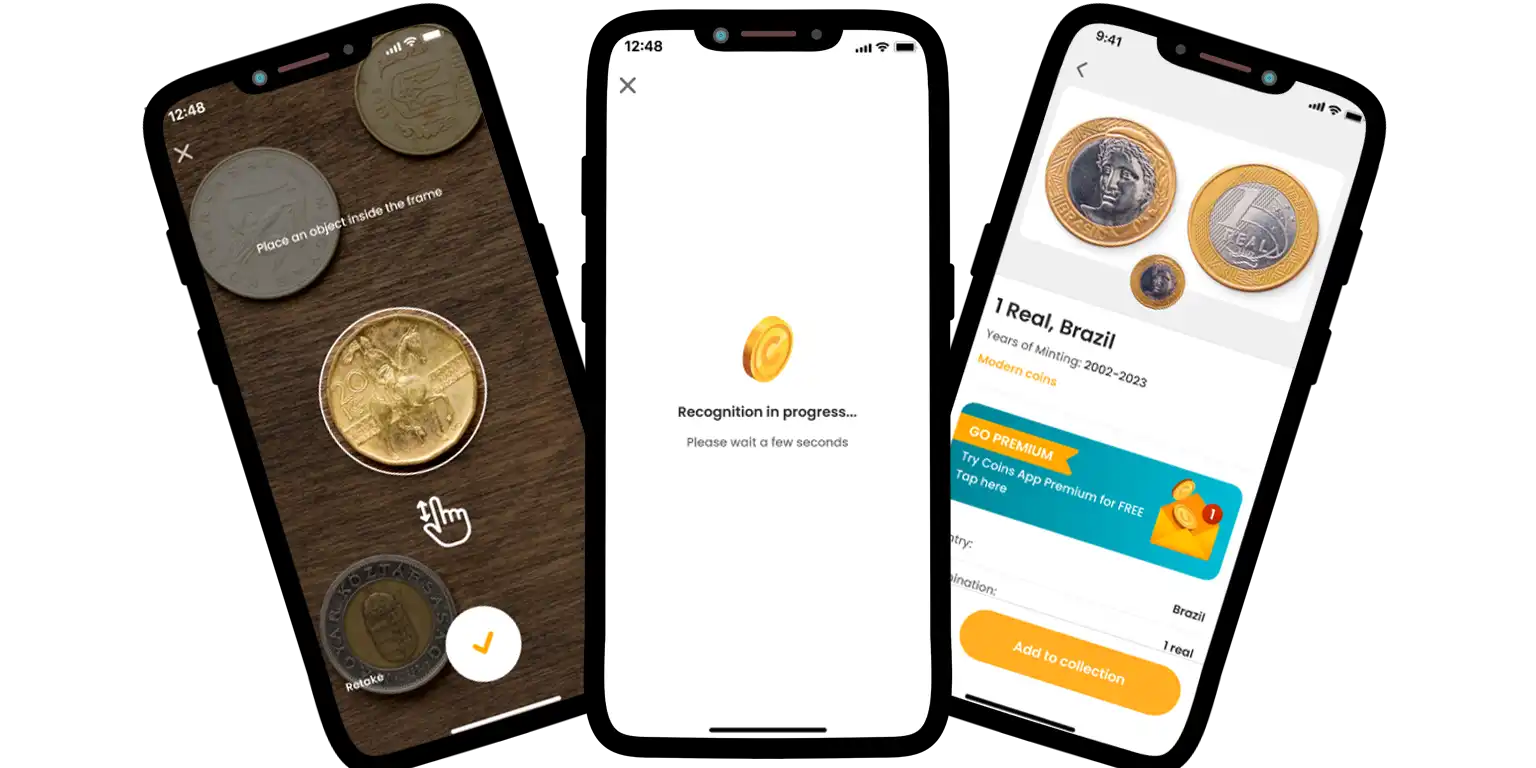
NGC is a reliable company that may evaluate your coins and send verification documents for a reasonable price. For those collectors who need legal confirmation of coin authenticity, it is one of the easiest ways to stick to these principles, engage in the community, and share their collection with the world. And Coin ID Scanner may only enhance this process even more.

